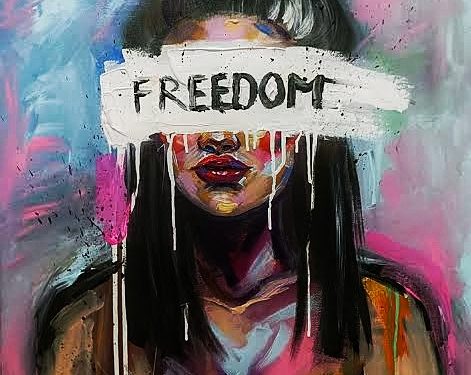In East Africa, democracy, transparency, justice, and human rights are often celebrated as the bedrock of governance. However, recent events in Uganda and its neighboring countries highlight a troubling pattern: these values are frequently trampled upon by leaders whose actions starkly contradict their public declarations.
Uganda serves as a poignant example. Supreme Court Justice Esther Kisaakye, once a symbol of judicial integrity, was forced into exile after enduring years of persecution, threats, and professional sabotage. Her “crime”? Delivering a dissenting opinion during the contentious 2021 presidential election petition. Justice Kisaakye’s ordeal exposes the fragility of Uganda’s judiciary, an institution that, instead of standing as an independent arbiter of justice, appears to have been co-opted to serve political interests. When those entrusted to uphold justice are silenced or coerced, what hope remains for the ordinary citizen?
The answer lies in a grim reality. While a few brave individuals who openly challenge oppressive systems are physically confined in small prisons, the majority find themselves trapped in a much larger one. These expansive prisons are built from suppressed freedoms, systemic fear, and the pervasive absence of justice. For many citizens, the lack of accountability, fairness, and the freedom to speak out creates an invisible cage, one just as constraining as steel bars.
As these troubling dynamics unfold, they serve as a stark reminder: a nation’s strength lies not in the dominance of its rulers but in the freedoms and rights enjoyed by its people. Without true justice and transparency, democracy becomes a hollow promise, and the “prison walls” of oppression grow ever taller.
Recent actions by Uganda’s security forces, including the abduction of opposition leader Dr. Kizza Besigye from Kenyan territory, demonstrate a blatant disregard for sovereignty and human rights. Besigye’s alleged “deportation” from Nairobi, carried out without due legal process, was neither a lawful extradition nor an expulsion. It was abduction—a tactic reminiscent of autocratic regimes. Such actions not only undermine democracy but also jeopardize regional cooperation.
The situation in Kenya is equally alarming. By allowing its territory to facilitate such cross-border operations, Kenya risks complicity in the erosion of democratic values. President William Ruto’s government must confront a critical question: is appeasing powerful neighbors worth compromising the nation’s sovereignty and reputation?
This impunity is not confined to Uganda and Kenya alone. Across the East African region, there is a growing trend of silencing dissent through force, intimidation, and co-optation. In Rwanda, critics and opposition figures have either disappeared or faced severe penalties, reinforcing fears of a pervasive surveillance state. Meanwhile, Tanzania, once celebrated for its democratic promise, continues to grapple with media restrictions and political crackdowns.
Despite the flowery speeches delivered by East African leaders at regional summits, their citizens know the harsh reality. Human rights defenders, journalists, and opposition politicians who challenge these leaders face harassment, detention, or worse. For instance, the pardoning of 18 political prisoners in Uganda, affiliated with the National Unity Platform (NUP), the leading opposition party, may seem like a gesture of compassion on the surface. However, it raises questions about why they were detained on questionable charges in the first place and whether such arrests were intended to send a chilling message to others.
The late journalist Teddy Ssezi Cheeye once quipped, “Rwanda is the 40th district of Uganda.” Today, such humor takes on grim undertones as East African nations increasingly resemble extensions of each other’s autocratic tendencies. The citizens of the region are not shackled by visible chains but by systems that deny them basic freedoms while offering the illusion of choice.
But why does this cycle persist? The answer lies in a toxic mix of fear, complacency, and the manipulation of state institutions. Leaders in the region wield power like a hammer, treating any opposition as a nail. Meanwhile, regional and international bodies remain silent or issue weak condemnations.
The situation demands more than outrage; it calls for collective action. Citizens must hold their leaders accountable and resist the normalization of impunity. A proverb teaches us that “the axe forgets, but the tree remembers.” The oppressed may not always voice their pain, but they carry the scars of injustice. Leaders who crush dissent and suppress freedoms should remember that history is unforgiving, and their legacies will be judged by their people, not their propaganda.
If East Africa is to realize its full potential, it must break free from the chains of oppression. True democracy is not merely about holding elections; it is about upholding the rule of law, respecting human rights, and ensuring that justice is not a privilege for the few but a right for all. Until that time, the citizens of this region will remain prisoners—whether within detention centers or in the larger cages created by failed leadership.







Discussion about this post